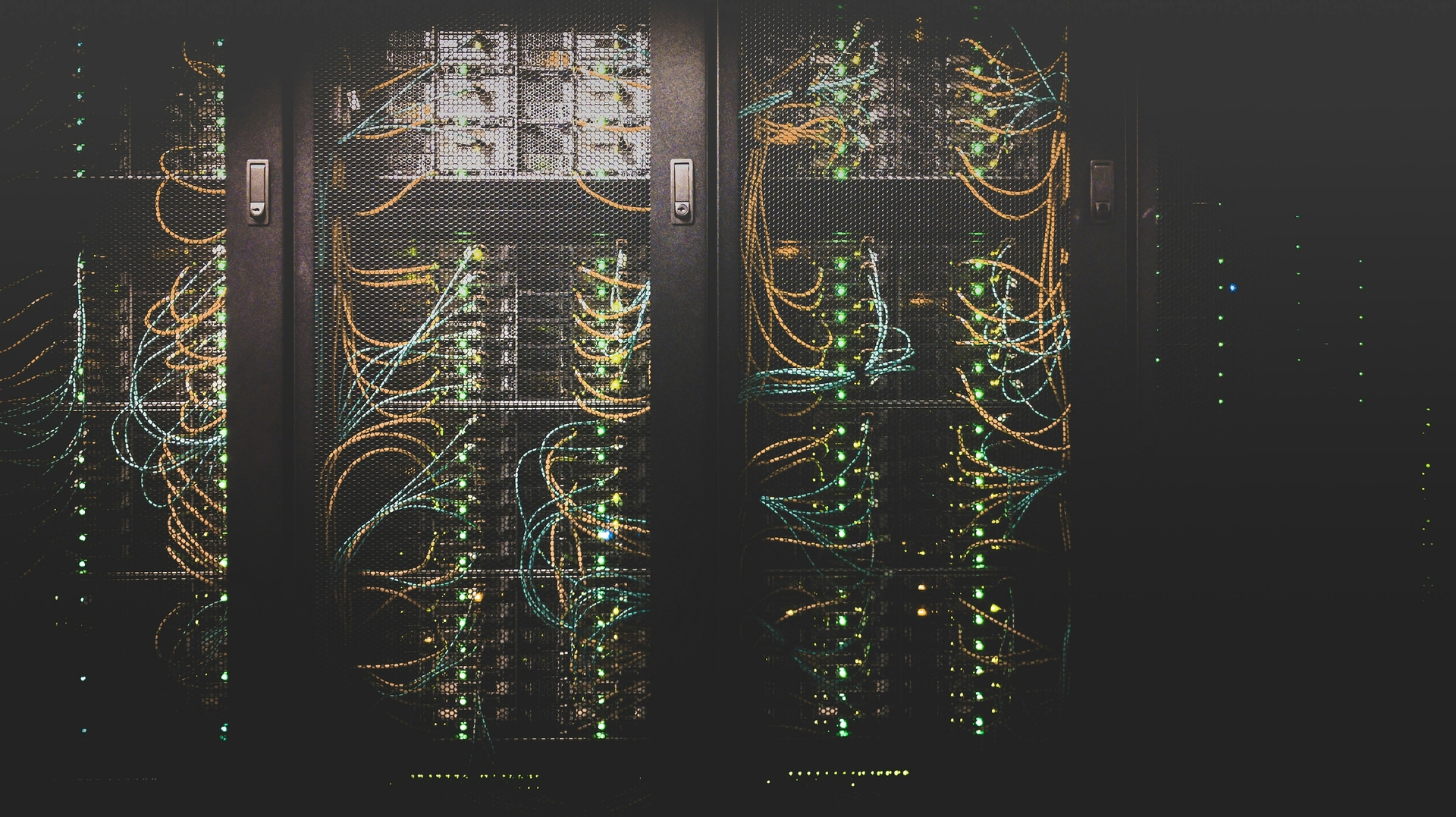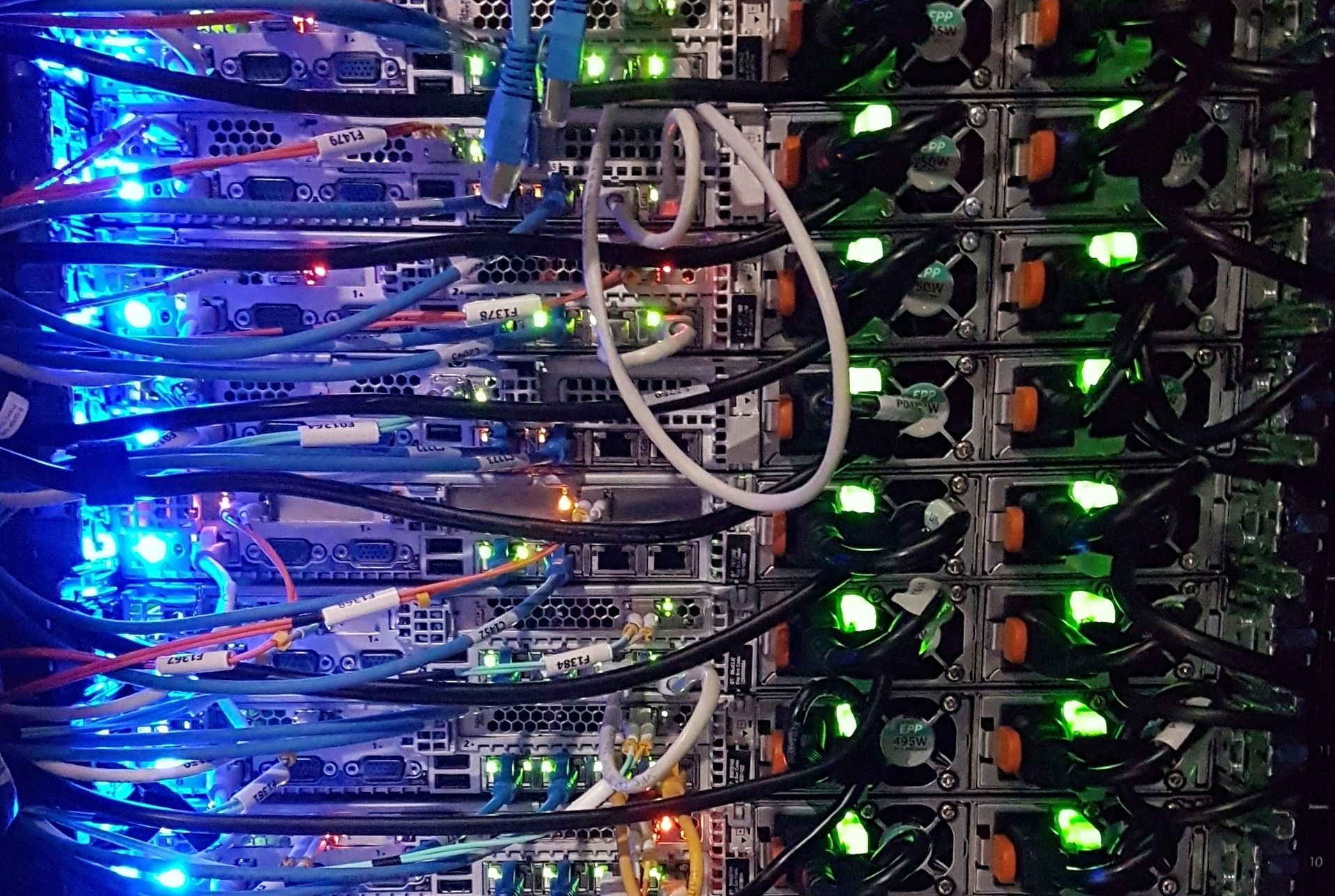Fueled by the escalating demand for data storage, driven by the rise of artificial intelligence, and the urgent need to reduce the energy consumption of traditional data centers, Europe is exploring the feasibility of a seemingly science-fictional concept: deploying data centers in space.
Here are all the details we know so far about Europe’s great move!
ASCEND: A study with promising results
A new 16-month study, Advanced Space Cloud for European Net Zero Emission and Data Sovereignty (ASCEND), funded by the European Commission and coordinated by Thales Alenia Space, has concluded that space-based data centers are indeed technically, economically, and environmentally feasible.
The study envisions data centers orbiting at an altitude of around 1,400 kilometers and powered by the abundant solar energy in space. The project aims to deploy the first 13 space data center building blocks with a total capacity of 10 megawatts by 2036 and reach 1 gigawatt by 2050 by deploying 1,300 building blocks.

Environmental considerations and challenges
ASCEND also assessed the environmental impact of space-based data centers, which aim to support Europe’s goal of becoming carbon neutral by 2050. The study highlighted the need to develop a new type of environmentally friendly launcher with ten times fewer emissions than current models to reduce CO2 emissions significantly.
However, experts warn that the concept of space-based data centers is not a silver bullet for sustainability issues. The centers will still require significant amounts of rocket fuel to remain in orbit, and concerns remain about data security in an increasingly politicized space environment.

Global interest and the future of space-based data centers
The concept of space-based data centers is not unique to Europe. Microsoft, for example, is also exploring the potential for artificial intelligence and computing in space in collaboration with companies such as Loft Orbital.
While some remain skeptical about the feasibility and practicality of space-based data centers, the ASCEND study and ongoing research show that the concept could become a reality in the not-too-distant future. The next phase of the ASCEND project will focus on data consolidation and developing a heavy-lift launch vehicle to make Europe a leader in this new frontier of data storage.
As the demand for data storage continues to grow, exploring space-based data centers represents an innovative approach to addressing energy consumption and sustainability issues. While the concept still faces technical and logistical hurdles, the potential benefits of harnessing the vast space resources for data storage are undeniable.
Featured image credit: NASA / Unsplash





